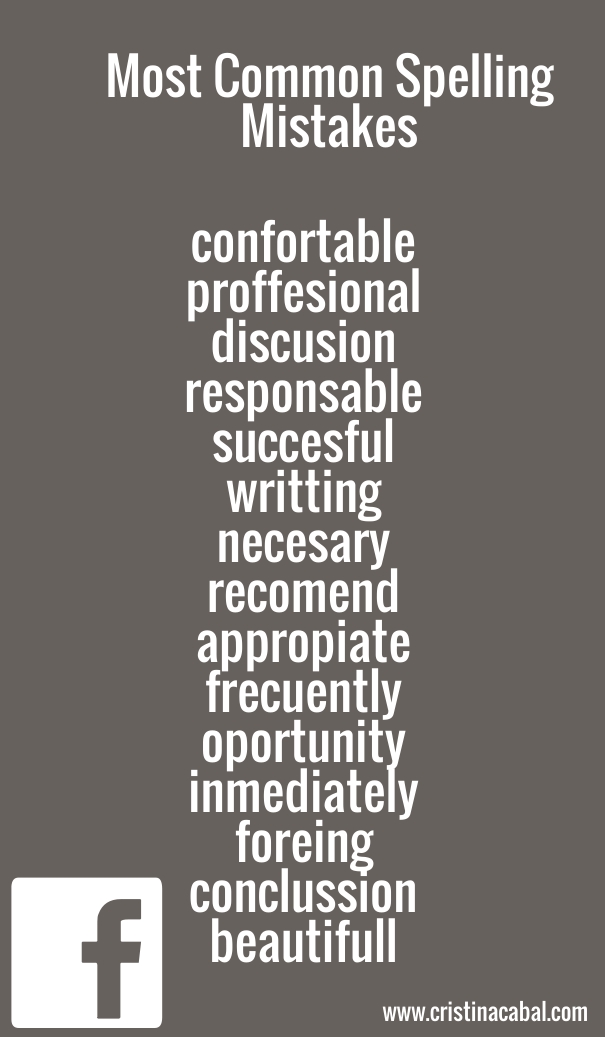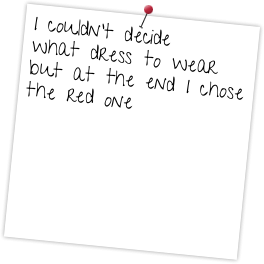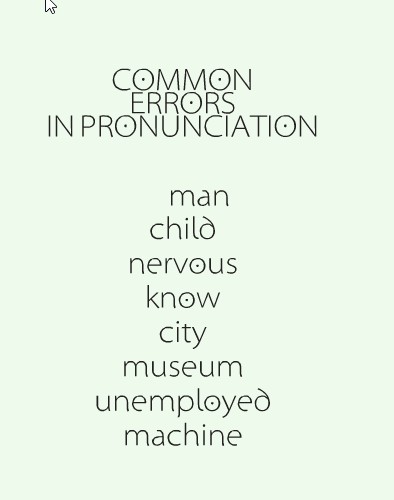There are a few online bilingual dictionaries available to learners these days. A good thing no doubt, but what do you think they have in common (quite unappealingly, mind)? Advertising.
Every time you use one of those bilingual dictionaries (or monolingual for that matter), you are exposed to ads ˗ right, left, and centre. Annoying and distracting. It seems like nothing is really free, doesn´t it?
Well, no more! There is a new kid on the block and its name is Diccionario Pedagógico Bilingüe (English-Spanish Español-Inglés). This dictionary has been edited by Francisco Sánchez Benedito and Francisco Gámez Gámez, two experts in their field.
Diccionario Pedagógico Bilingüe was seven years in the making, and had a big editorial team behind it. I joined the team in late 2009 (if my memory serves) when Francisco Sánchez Bendito offered me the opportunity to work on the dictionary, initially as a proofreader, then also as an assistant editor.
What makes the dictionary stand out among the competition, you might ask? It is, first and foremost, a learner´s dictionary. Its purpose is to teach Spanish-speaking students how to use English words correctly. To do that, it covers lots of grammatical and lexical collocations, the heart of the language. Idioms, colloquialisms, phrasal verbs ˗ and even taboo language ˗ are also given special attention. The dictionary boasts almost 70,000 headwords and over 100,000 translations, a truly comprehensive work. It is not unlikely that you will find words in Diccionario Pedagógico Bilingüe that are not listed in other bilingual dictionaries.
So there you have it: a useful dictionary, with the expertise of a large team, freely available to everyone and… no ads! What more could you ask for?
Making the most of your dictionary
Whenever you´re browsing the internet, keep a tab open for the dictionary so that you can look up any unfamiliar words you may come across, quickly and easily.
Moreover, get into the habit of reading all senses of any given word (this goes for monolingual dictionaries too), not just the sense that fits a particular context. This will help you expand your vocabulary, at least your passive vocabulary ˗ those words you can understand when reading or listening. Using bilingual and monolingual dictionaries on a regular basis will really pay off. Take my word for it.
You can start searching the dictionary at http://diccionariopedagogicobilingue.uma.es/INDEX.PHP

This article has been written by guest blogger Javier Vallestero. Some years ago , Javier did a round of interviews to different teachers and I was one of the chosen . You can read the interview here.
Javier is also the proud writer of Modismos, Dichos y Refranes de la Lengua Inglesa and has collaborated actively as a proofreader and assistant editor on the Diccionario Pedagógico Bilingüe .





